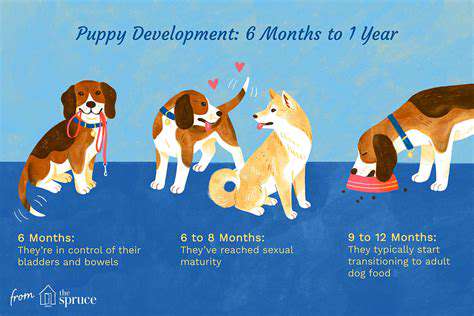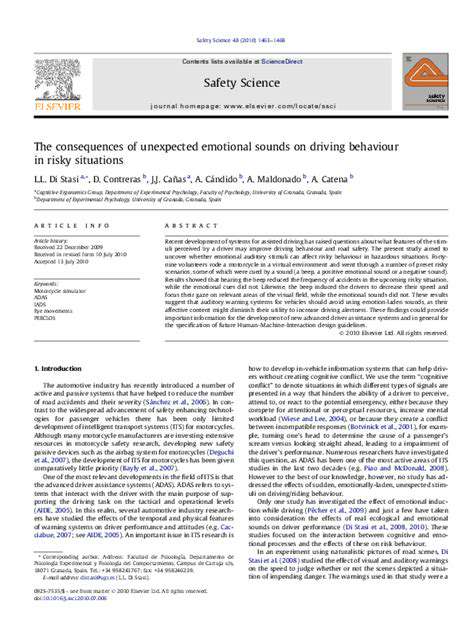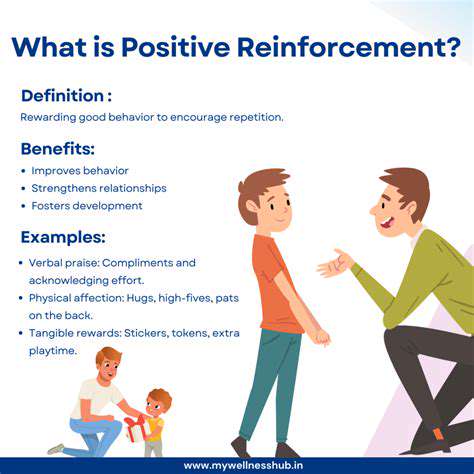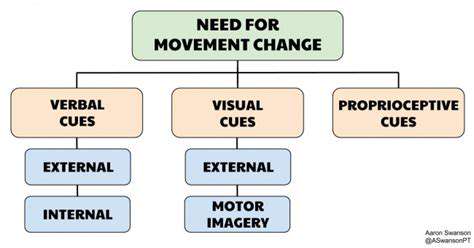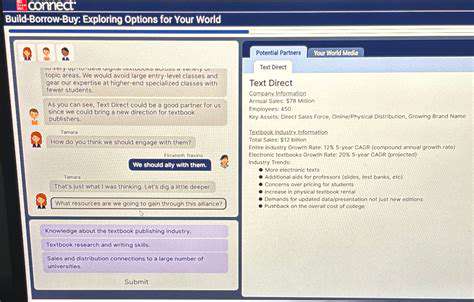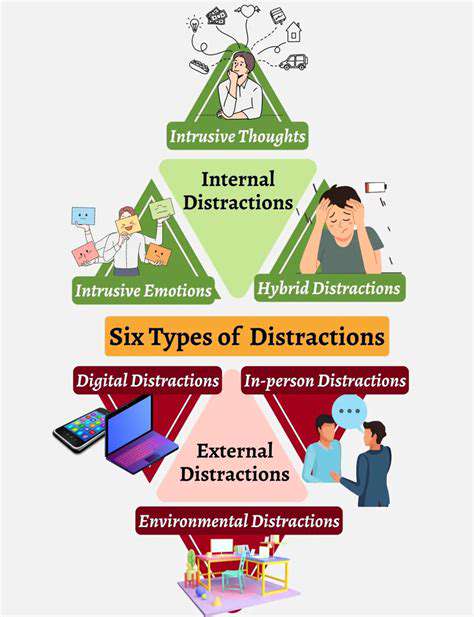Making Every Interaction Count: Quality Over Quantity in Puppy Socialization
The Science Behind Positive Methods
Modern training philosophy emphasizes reward-based techniques because they create willing cooperation rather than fearful compliance. This approach builds trust while teaching desired behaviors. When I transitioned from traditional to positive reinforcement methods years ago, the improvement in my training results was remarkable.
The timing of rewards proves crucial - immediate marking of correct behaviors with treats or praise creates clear associations. Consistency in rewarding desired behaviors makes them more likely to recur naturally. Through extensive practice, I've learned that variable reinforcement schedules (gradually reducing treat frequency while maintaining praise) create the most reliable behaviors.
Identifying What Motivates Your Puppy
Effective positive reinforcement requires understanding what your puppy truly values. While many puppies work eagerly for food, others may prefer play rewards or affection. I always recommend testing different reward types to discover what creates the most enthusiastic response.
High-value rewards (like small pieces of chicken or cheese) work best for challenging new behaviors, while kibble may suffice for known commands. Matching reward value to difficulty level maintains motivation throughout training sessions. In my experience, rotating several high-value treats prevents puppies from becoming bored with any single reward.
Creating Positive Associations
Socialization relies heavily on forming positive emotional connections to new experiences. Pairing novel situations with treats and praise helps puppies develop confidence rather than fear. I've had particular success using this approach with puppies nervous about car rides or grooming procedures.
The process requires patience - some puppies need multiple positive exposures before feeling comfortable. Rushing this process often backfires, creating lasting negative associations. From working with fearful puppies, I've learned that letting them set the pace produces the most reliable results.
Shaping Complex Behaviors
Breaking desired behaviors into small, achievable steps allows puppies to succeed frequently. This shaping technique builds skills gradually while maintaining motivation. For example, teaching stay begins with rewarding just a second of stillness, then progressively longer durations.
Capturing spontaneous good behavior (like sitting calmly) with immediate rewards reinforces these actions. This method works particularly well for manners like not jumping on guests. In my training practice, I've found that captured behaviors often become habits more quickly than formally trained ones.
Economic factors inevitably influence consumer behavior across all sectors. Recent inflationary pressures have caused many families to reevaluate discretionary spending, including dining out. This macroeconomic environment creates challenges for restaurant chains, particularly those positioned in the mid-price range. The connection between broader economic trends and local business vitality remains undeniable.
Structured Socialization Programs
The Value of Puppy Classes
Well-designed puppy classes provide structured socialization opportunities under professional guidance. These controlled environments allow puppies to interact safely while learning basic manners. I've witnessed countless puppies transform in just a few weeks of quality classes.
Look for programs that emphasize positive reinforcement and have small class sizes. The best instructors individualize their approach based on each puppy's progress. From attending various programs, I've noticed that those incorporating real-world simulations (like handling exercises) produce the most well-adjusted adult dogs.
Controlled Exposure Therapy
For puppies showing specific fears, gradual exposure programs can prevent these from becoming lifelong phobias. This might involve recorded sounds played at low volume, gradually increasing as the puppy remains comfortable. I've successfully used this method with puppies fearful of thunderstorms or fireworks.
The key lies in keeping exposures below the fear threshold while pairing them with positive experiences. Pushing a puppy past their comfort zone typically worsens rather than resolves fears. My experience confirms that patience in these cases yields lasting results.
Socialization Checklists
Comprehensive socialization involves exposing puppies to diverse experiences in their critical development period. Many trainers recommend checklists covering various categories: different surfaces, sounds, objects, and social interactions. I've found that puppies exposed to 50+ positive new experiences before 16 weeks tend to develop into remarkably confident adults.
Tracking progress ensures no important categories get overlooked. Systematic socialization proves far more effective than random exposures. Based on my records, puppies completing structured socialization programs show significantly fewer behavior issues at maturity.
Read more about Making Every Interaction Count: Quality Over Quantity in Puppy Socialization
Hot Recommendations
- The Impact of Early Socialization on a Dog's Interaction with Other Animals
- Car Travel and Puppy Socialization: Making the Journey a Positive Experience
- The Importance of Early Environmental Exposure for Puppy Development
- Taking Your Puppy to the Vet: Positive Socialization Strategies
- Making Training a Positive Experience for Your Puppy
- Public Transportation and Puppy Socialization: A Step by Step Guide
- Safe Socialization: Allowing Others to Pet Your Puppy
- Helping a Puppy Who Struggles with "Stay"
- Positive Puppy Interactions: Making Meetings with New Friends Fun
- No Treats Needed? Training Basic Commands with Verbal Praise
